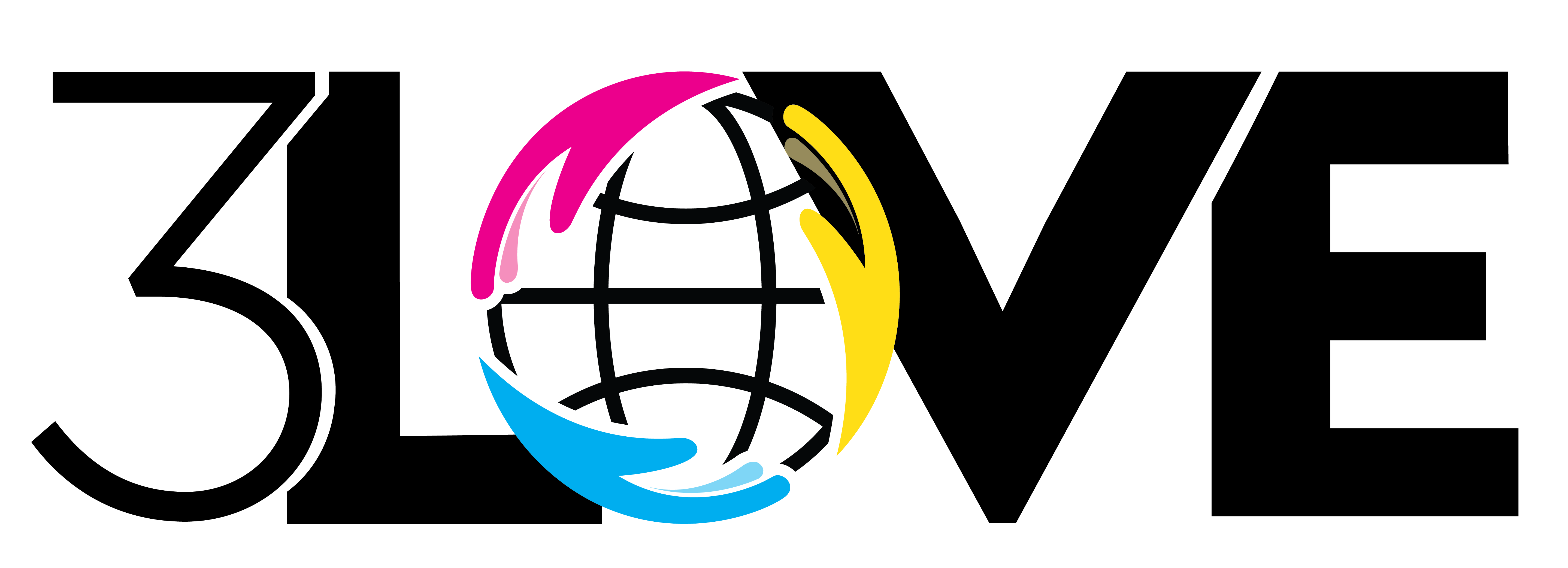From August 1 to 7, World Breastfeeding Week is celebrated in more than 170 countries, with the aim of promoting breastfeeding, remembering the importance of its many benefits and improving the health of babies.
Why is breastfeeding important in nutrition and health?
Poor nutrition during the early stages of the life cycle can lead to extensive and irreversible damage to physical growth and brain development. In contrast, good nutrition has a positive effect. Breastfeeding is the optimal way to feed babies, providing them with the nutrients they need in the right balance, as well as offering protection against disease.
The World Health Organization (WHO) recommends that infants be exclusively breastfed for the first six months of life, and then introduce nutritionally adequate and safe complementary foods, while continuing breastfeeding until two years of age or beyond.
11 benefits of breastfeeding
According to the Pan American Health Organization (PAHO), these are some of the benefits of breastfeeding for mothers, babies and societies in general:
- It helps prevent childhood overweight. Prolonged breastfeeding reduces the risk of overweight and obesity by 13%, which contributes to combating non-communicable diseases caused by obesity. It also reduces the risk of type 2 diabetes by 35%.
- Protects against childhood leukemia. Breastfeeding for six months or longer is associated with a 19% reduction in the risk of childhood leukemia compared to a shorter period or no breastfeeding.
- Protects against sudden infant death syndrome. Infants who are breastfed have a 60% lower risk of dying from sudden infant death syndrome compared to those who are not breastfed. The effect is even greater for infants who are exclusively breastfed.
- Promotes attachment. Mother-infant attachment increases when mothers interact with their infants while breastfeeding. Longer periods of breastfeeding are associated with more responsive maternal responses and the security that comes with attachment.
- Its duration is positively associated with income. Follow-up of a cohort of children 30 years after birth showed that adults who were breastfed had higher wages, an effect that was mediated by increased years of schooling.
- Workplace breastfeeding support policies increase employee retention, performance, loyalty, productivity and team spirit. Therefore, they are positive for companies.
- It increases the intelligence of infants. Adults who were breastfed as infants score 3.4 points higher on indicators of cognitive development. An increase in cognitive development results in more years of schooling.
- It is good for the environment. Breast milk is a renewable resource and leaves no carbon footprint. It is produced by mothers and consumed by babies without pollution, packaging or waste.
- In addition to providing perfect nutrition and protection against infection and death, the components of breast milk likely affect epigenetic programming at a critical time when gene expression is developing for the rest of life.
- It represents a public health policy imperative. If there were a new vaccine that would prevent 1 million or more infant deaths per year, and that was cheap, safe, administered orally, and did not require a cold chain, it would be a public health policy imperative. Breastfeeding can do this and more.
- It also protects mothers. Women who breastfeed have a 32% lower risk of type 2 diabetes, a 26% lower risk of breast cancer, and a 37% lower risk of ovarian cancer, compared to women who do not breastfeed or who breastfeed less.
Breastfeeding support for all
In 2024, the theme of the World Breastfeeding Week campaign is: “Closing the gap: breastfeeding support for all”. The aim of this theme is to show the need for improved breastfeeding support to reduce the inequalities that exist in societies globally, with a special focus on breastfeeding in times of emergency and crisis.


